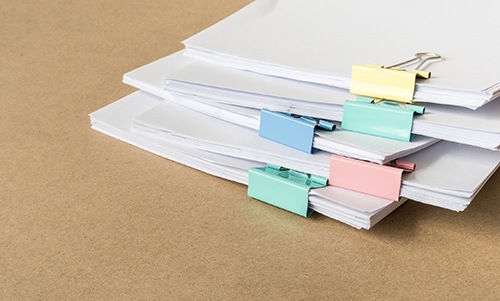UVP vs Telenet: EU Court sets conditions to cap recoverable attorneys’ fees in IP disputes
In a much awaited opinion handed down last Thursday 28 July the CJEU ruled that Article 14 of the 2004 IPR Enforcement Directive ("Directive") does not preclude national legislation from setting up flat-rate schemes for reimbursement of attorneys’ fees (applied by the courts taking account of features specific to the case) as long as these flat-rate schemes ensure that the costs to be borne by the unsuccessful party are reasonable. The CJEU indicated that the latter should be decided by the referring court, in this case a Belgian appeal court.
However, the CJEU did not limit its findings to the above. It went beyond the recommendations of the Advocate General and followed instead the Commission's suggestion by ruling in addition that "Article 14 of the Directive precludes national legislation providing flat-rates which, owing to the maximum amounts that it contains being too low, do not ensure that, at the very least, that a significant and appropriate part of the reasonable costs incurred by the successful party are borne by the unsuccessful party.” In the case at hand, the maximum amount that national law allowed the prevailing party to recover only represented a small fraction (less than 10 %) of the actual costs incurred.
Against this background, the CJEU explained that "(…) national legislation that lays down an absolute limit in respect of costs attached to the assistance of a lawyer, such as that at issue in the main proceedings, must ensure, on the one hand, that that limit reflects the reality of the rates charged for the services of a lawyer in the field of intellectual property, and, on the other, that, at the very least, a significant and appropriate part of the reasonable costs actually incurred by the successful party are borne by the unsuccessful party. It is not possible for such legislation, particularly in a situation in which that limit is too low, to prevent the amount of those costs vastly exceeding the limit provided for, so that the reimbursement which the successful party may claim becomes disproportionate or even, where applicable, insignificant, thus depriving Article 14 of Directive 2004/48 of its practical effect."
Now it is for the referring court to decide whether the national legislation at hand, notably the maximum caps provided for in the Belgian Judicial Code and the Royal Decree of 26 October 2007, allow for a "significant and appropriate part of the reasonable costs to be recovered", as, according to the CJEU, article 14 of the Directive requires.
Although it is still too early to tell what the ramifications of this important CJEU judgment will be for IP litigation practice in Europe, it may either cause national courts to strike down their current national rules if these contain too low caps, or it may encourage national legislators to increase the maximum amounts of recoverable attorney's fees in IP cases.
For each of these exercises, guidance may be found in the recently completed Rules on recoverability of fees for the future Unified Patent Court (UPC) which also contain caps, but which vary in accordance with the value of the dispute and which were established after a consultation with national governments and interested parties.
Two important issues will heat the debates around this topic. The first issue is whether national cost recovery rules can be more generous only for IP related matters, whilst remaining (very) low for all other types of litigation due to the lack of specific EU legislation stating that the recoverable fees should be “significant and appropriate”. This is a politically sensitive issue, pushing governments to pre-empt any future rulings from their national courts.
The second issue is whether this decision applies to all types of IP related matters, or only to costs that are “directly and closely linked to a judicial action seeking to have such an intellectual property right upheld”. The case at hand involved an infringement action followed by a counterclaim for invalidity, whereby the patent was declared invalid and hence could not be infringed. Although the Court made clear via its answer to the second referral question that the recoverability of fees for the assistance by a technical expert could not be conditioned on the existence of a tort or a wrongdoing by the losing party, the ruling may generate discussions as to whether it is applicable in disputes where no IP enforcement is at stake, but only questions regarding validity, licensing, ownership or other types of disputes.


